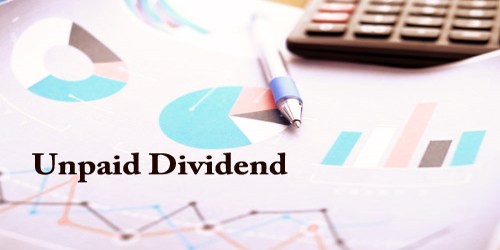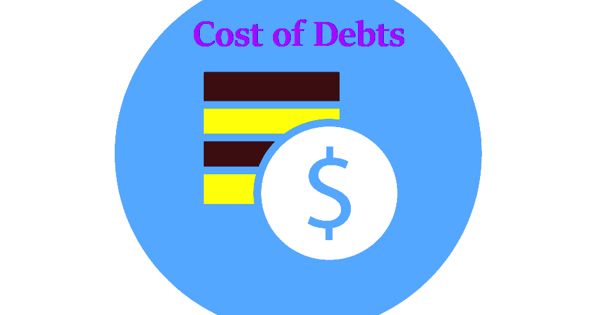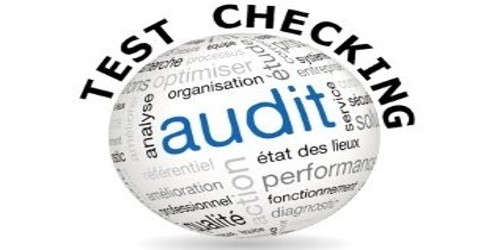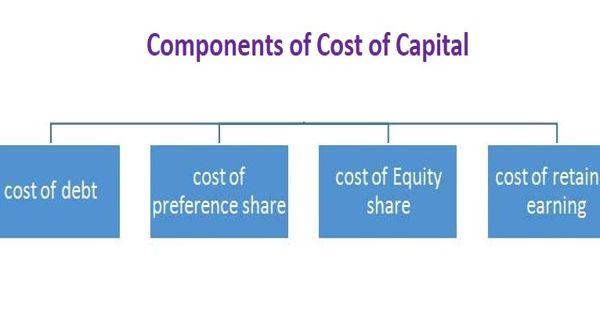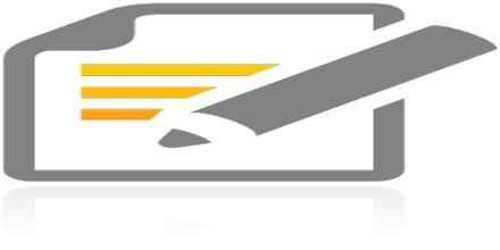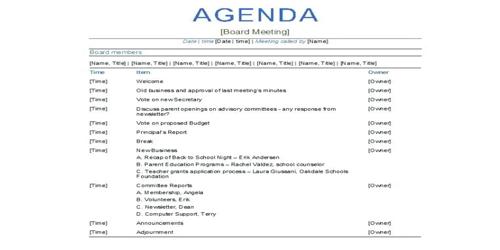An unpaid dividend could be divided which the company or organization has declared but had not been distributed to stockholders. From the instant the company or organization announces dividends to the instant shareholders receive their dividends, an unpaid dividend exists.
Unpaid dividends exist due to timing differences between the record date the time at which existing shareholders become eligible to receive the upcoming dividend and also the payment date when the dividend is truly paid. It is important for investors to know the key dates involved within the dividend-payment process in order that they don’t seem to be confused about whether or not they’ll be entitled to a selected dividend payment.
To understand unpaid dividends, it is helpful to review the four key dates that are part of the dividend-payment process. The first is the declaration date, which is also known as the “announcement date”. This is the date when the company’s board of directors announces the upcoming dividend. This date is followed by the ex-dividend date, the date when new buyers of the stock will not be eligible for the upcoming dividend payment.
If after declaring dividends, a company or an organization doesn’t distribute dividends to shareholders, there’ll be a record of unpaid dividends. An area between the record or declaration date and therefore the payment date leads to unpaid dividends. Unpaid dividends don’t occur frequently, the board of directors most companies announce dividends only if all is ready to distribute dividends to shareholders.
The record date also called the “date of record”, is that the next important date. So as to be entitled to the upcoming dividend, shareholders must be recorded on the company’s books by this date. Typically, the record date is two days after the ex-dividend date. Last, the payment date is that the date when the dividends are paid to shareholders of record. The record date generally occurs about one week after the ex-dividend date.
Between the declaration date and the payment date, a company will have unpaid dividends on its books. Once the payments are made, the unpaid dividends will be zeroed out accordingly.
Unpaid dividends are different from unclaimed dividends. When companies pay dividends to their shareholders, they’re meant to assert the paid dividend. An unclaimed dividend is recorded when a shareholder fails to say an already paid dividend while an unpaid dividend is that the failure of a company or an organization to distribute dividends to shareholders after it’s been announced.
Shareholders are required to claim dividend within 30 days of when the dividend are declared. When dividends are claimed, shareholders are required by the Internal Revenue Service to disclose the current addition to their income for tax purposes. For shareholders that get their dividends sent to them in checks, they can also have unclaimed dividends if they do not cash the dividend. Unclaimed dividends are kept in separate unpaid dividend account.
A dividend has been declared by a company or an organization but has not been paid or claimed within thirty days from the date of the declaration to any shareholder entitled to the payment of the dividend, the company or organization shall, within seven days from the date of expiry of the said period of thirty days, transfer the overall amount of dividend which remains unpaid or unclaimed to a special account to be opened by the corporate therein behalf in any scheduled bank to be called the Unpaid Dividend Account.
Information Sources:
